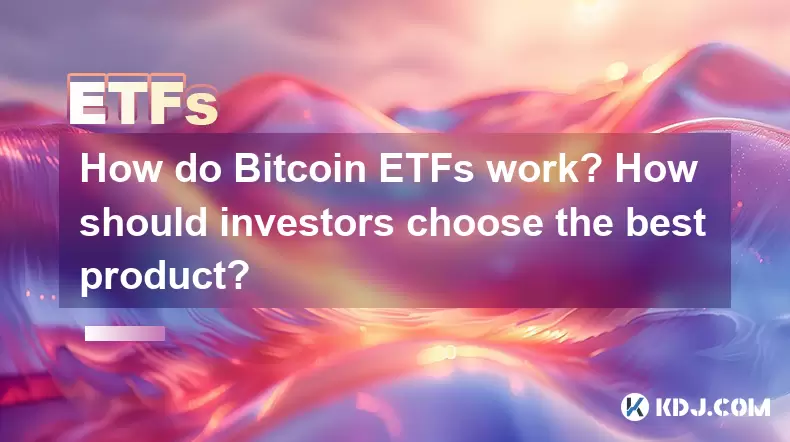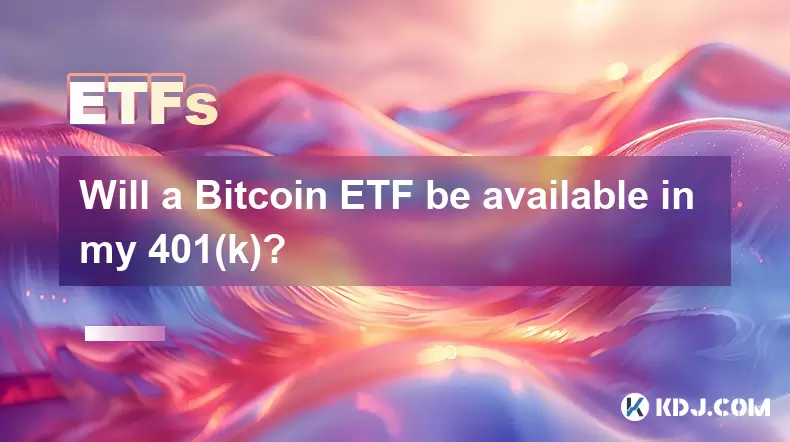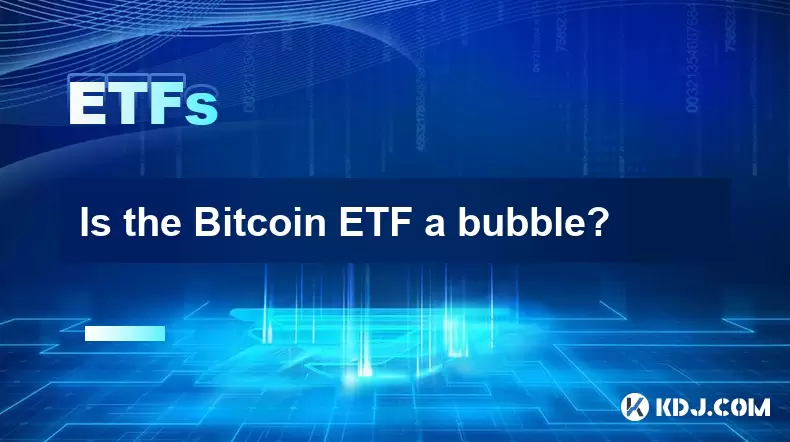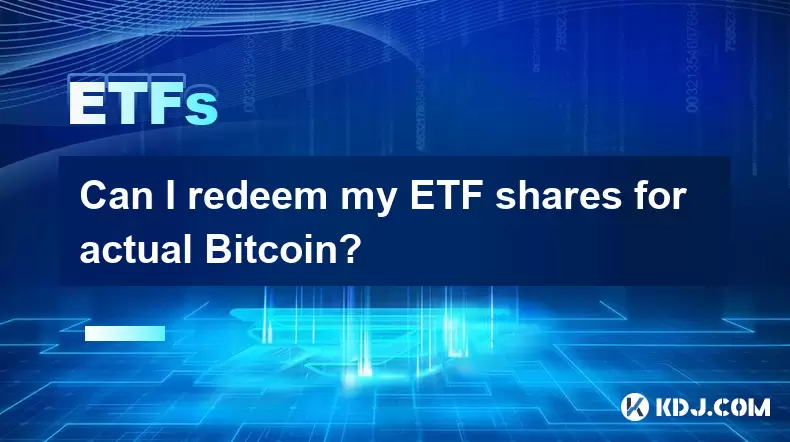-
 Bitcoin
Bitcoin $117700
-0.03% -
 Ethereum
Ethereum $3805
0.49% -
 XRP
XRP $3.098
-1.00% -
 Tether USDt
Tether USDt $1.000
0.03% -
 BNB
BNB $792.8
-1.72% -
 Solana
Solana $177.9
-1.95% -
 USDC
USDC $1.000
0.02% -
 Dogecoin
Dogecoin $0.2202
-1.55% -
 TRON
TRON $0.3278
-2.92% -
 Cardano
Cardano $0.7641
-2.43% -
 Hyperliquid
Hyperliquid $42.21
-2.68% -
 Sui
Sui $3.758
-1.58% -
 Stellar
Stellar $0.4080
-3.21% -
 Chainlink
Chainlink $17.75
-0.33% -
 Bitcoin Cash
Bitcoin Cash $591.8
4.96% -
 Hedera
Hedera $0.2561
-3.09% -
 Avalanche
Avalanche $23.34
-4.24% -
 Litecoin
Litecoin $110.7
1.96% -
 UNUS SED LEO
UNUS SED LEO $8.956
-0.01% -
 Toncoin
Toncoin $3.410
0.79% -
 Ethena USDe
Ethena USDe $1.001
0.03% -
 Shiba Inu
Shiba Inu $0.00001288
-1.82% -
 Uniswap
Uniswap $10.07
-2.06% -
 Polkadot
Polkadot $3.807
-2.27% -
 Monero
Monero $308.2
-2.15% -
 Dai
Dai $1.000
0.03% -
 Bitget Token
Bitget Token $4.521
-0.30% -
 Pepe
Pepe $0.00001134
-1.52% -
 Cronos
Cronos $0.1457
0.65% -
 Aave
Aave $274.9
-2.47%
How do Bitcoin ETFs work? How should investors choose the best product?
A Bitcoin ETF offers regulated, secure exposure to Bitcoin’s price without the need for direct ownership or crypto exchange navigation.
Jun 12, 2025 at 03:35 am

Understanding Bitcoin ETFs: What Are They?
A Bitcoin Exchange-Traded Fund (ETF) is a financial product that allows investors to gain exposure to the price of Bitcoin without directly owning the cryptocurrency. Unlike purchasing Bitcoin on a crypto exchange, which requires setting up wallets and managing private keys, a Bitcoin ETF operates like traditional stock market investments. It is traded on conventional stock exchanges, such as the NASDAQ or NYSE, and mirrors the price movement of Bitcoin.
The underlying mechanism involves the ETF issuer holding actual Bitcoin or Bitcoin futures contracts in a trust or custodial account. Investors buy shares of this fund, which represent a proportional ownership stake in the underlying asset. This structure provides regulated access to Bitcoin, especially for institutional and retail investors who may be hesitant to engage with crypto exchanges due to security concerns or complexity.
How Do Bitcoin ETFs Function?
Bitcoin ETFs operate under strict regulatory frameworks, often overseen by financial authorities like the U.S. Securities and Exchange Commission (SEC). These funds are required to disclose their holdings regularly and maintain transparency regarding the assets backing each share.
There are two primary types of Bitcoin ETFs:
- Physically-backed ETFs: The fund holds actual Bitcoin in secure storage.
- Futures-based ETFs: The fund invests in Bitcoin futures contracts rather than holding the physical asset.
In both cases, the ETF provider manages the custody and security aspects. When an investor purchases shares in the ETF, they're essentially buying into a pool of assets that track Bitcoin’s value. The net asset value (NAV) per share fluctuates based on the price of Bitcoin, plus management fees and operational costs.
Benefits of Investing in Bitcoin ETFs
Investing in a Bitcoin ETF offers several advantages over direct ownership of the digital asset. One key benefit is reduced exposure to crypto-specific risks, such as wallet theft, exchange hacks, or loss of private keys. Since the ETF provider handles asset custody, investors can avoid these technical complexities.
Another advantage is accessibility. Traditional brokerage platforms support ETF trading, making it easier for investors already comfortable with stock markets to add Bitcoin exposure to their portfolios without navigating crypto exchanges.
Additionally, liquidity is enhanced through ETF structures. Shares can be bought and sold during regular market hours, just like stocks, offering more flexibility compared to some crypto exchanges that may have limited liquidity or experience downtime.
Key Considerations When Choosing a Bitcoin ETF
When selecting the best Bitcoin ETF, investors should evaluate multiple factors to ensure alignment with their investment goals and risk tolerance. The first consideration is regulatory approval status. Only ETFs approved by reputable financial regulators should be considered, as unapproved products may carry higher legal or counterparty risk.
Next, examine the fee structure. Most Bitcoin ETFs charge an expense ratio, which covers management, custody, and administrative costs. Lower fees generally equate to better long-term returns, so comparing expense ratios across providers is essential.
Tracking accuracy is another crucial factor. Investors should look at how closely the ETF follows the price of Bitcoin. Some ETFs may deviate due to fees, slippage, or inefficient replication strategies. Reviewing historical performance data and tracking error reports helps assess this aspect.
Also, consider the liquidity and trading volume of the ETF. High trading volumes typically indicate strong market interest and ease of entry or exit. Low-volume ETFs may suffer from wider bid-ask spreads, increasing transaction costs.
Lastly, analyze the issuer's reputation and expertise. Established asset managers with a history of successful ETF offerings tend to provide more reliable and transparent products.
Differences Between Bitcoin ETFs and Direct Crypto Ownership
While both methods offer exposure to Bitcoin, there are significant differences between investing via an ETF and directly owning the cryptocurrency. Ownership rights differ substantially—ETF investors do not own actual Bitcoin but instead hold shares in a fund that tracks its value. In contrast, direct ownership grants full control over the asset, including the ability to spend, transfer, or stake it.
Security models also vary. With ETFs, investors rely on the fund’s custodian to protect the underlying Bitcoin. Direct ownership requires individuals to manage private keys securely, which can be complex and risky for inexperienced users.
Cost structures differ as well. ETFs involve recurring management fees, whereas direct ownership incurs one-time transaction fees when buying or selling Bitcoin. However, self-custody introduces additional responsibilities, such as securing hardware wallets or using trusted exchanges.
Finally, tax implications may vary depending on jurisdiction. In some regions, ETF gains are taxed differently from direct crypto holdings, so investors must understand local regulations before choosing a method.
FAQs About Bitcoin ETFs
Q: Can I redeem Bitcoin ETF shares for actual Bitcoin?
No, most Bitcoin ETFs do not allow investors to redeem shares for physical Bitcoin. The shares only reflect the value of Bitcoin held by the fund and cannot be converted into the underlying asset.
Q: Are Bitcoin ETFs available globally?
Availability varies by country. While the U.S. has seen growing interest and regulatory discussions around Bitcoin ETFs, other countries like Canada and Germany already have approved and actively traded Bitcoin ETFs.
Q: Do Bitcoin ETFs pay dividends?
Typically, Bitcoin ETFs do not pay dividends since Bitcoin does not generate income like stocks or bonds. Any returns come solely from changes in the ETF’s net asset value based on Bitcoin’s price movement.
Q: How do Bitcoin ETFs handle forked cryptocurrencies?
In the event of a Bitcoin fork, where a new cryptocurrency is created, ETF providers usually decide whether to accept or reject the new asset. Investors generally do not receive any benefits from forks unless explicitly stated in the fund’s prospectus.
Disclaimer:info@kdj.com
The information provided is not trading advice. kdj.com does not assume any responsibility for any investments made based on the information provided in this article. Cryptocurrencies are highly volatile and it is highly recommended that you invest with caution after thorough research!
If you believe that the content used on this website infringes your copyright, please contact us immediately (info@kdj.com) and we will delete it promptly.
- Cold Wallet vs. MetaMask: A Crypto Wallet Revolution?
- 2025-07-31 10:30:57
- Bitcoin Casinos in 2025: Instant Payouts and Welcome Bonuses
- 2025-07-31 10:50:33
- Meme Coins in 2025: Token Burns and the Quest for Moonshots
- 2025-07-31 10:50:33
- Unlocking Value: A Deep Dive into Random Year 1 oz Krugerrand Gold Coins
- 2025-07-31 10:57:21
- LYNO Token Presale: AI Arbitrage Revolution in DeFi
- 2025-07-31 05:11:11
- Pepecoin Successors: Can These Cryptocurrencies Make You a Millionaire?
- 2025-07-31 05:50:12
Related knowledge

What is the best platform to trade Bitcoin ETFs?
Jul 23,2025 at 04:14am
Understanding Bitcoin ETFs and Their Role in TradingBitcoin Exchange-Traded Funds (ETFs) have gained significant traction among traditional and crypto...

What is the best platform to trade Bitcoin ETFs?
Jul 17,2025 at 03:50pm
Understanding Bitcoin ETFs and Their Role in the MarketBitcoin Exchange-Traded Funds (ETFs) are investment vehicles that track the price of Bitcoin wi...

Will a Bitcoin ETF be available in my 401(k)?
Jul 17,2025 at 10:42pm
What is a Bitcoin ETF?A Bitcoin ETF (Exchange-Traded Fund) is an investment vehicle that tracks the price of Bitcoin without requiring investors to di...

Who is the authorized participant for a Bitcoin ETF?
Jul 18,2025 at 12:42am
Understanding the Role of Authorized Participants in Bitcoin ETFsIn the context of Bitcoin Exchange-Traded Funds (ETFs), an authorized participant (AP...

Is the Bitcoin ETF a bubble?
Jul 20,2025 at 06:57am
Understanding the Bitcoin ETF ConceptA Bitcoin Exchange-Traded Fund (ETF) is a financial product that aims to track the price of Bitcoin without requi...

Can I redeem my ETF shares for actual Bitcoin?
Jul 17,2025 at 03:14pm
Understanding ETF Shares and Their Relation to BitcoinExchange-Traded Funds (ETFs) have become a popular investment vehicle for those looking to gain ...

What is the best platform to trade Bitcoin ETFs?
Jul 23,2025 at 04:14am
Understanding Bitcoin ETFs and Their Role in TradingBitcoin Exchange-Traded Funds (ETFs) have gained significant traction among traditional and crypto...

What is the best platform to trade Bitcoin ETFs?
Jul 17,2025 at 03:50pm
Understanding Bitcoin ETFs and Their Role in the MarketBitcoin Exchange-Traded Funds (ETFs) are investment vehicles that track the price of Bitcoin wi...

Will a Bitcoin ETF be available in my 401(k)?
Jul 17,2025 at 10:42pm
What is a Bitcoin ETF?A Bitcoin ETF (Exchange-Traded Fund) is an investment vehicle that tracks the price of Bitcoin without requiring investors to di...

Who is the authorized participant for a Bitcoin ETF?
Jul 18,2025 at 12:42am
Understanding the Role of Authorized Participants in Bitcoin ETFsIn the context of Bitcoin Exchange-Traded Funds (ETFs), an authorized participant (AP...

Is the Bitcoin ETF a bubble?
Jul 20,2025 at 06:57am
Understanding the Bitcoin ETF ConceptA Bitcoin Exchange-Traded Fund (ETF) is a financial product that aims to track the price of Bitcoin without requi...

Can I redeem my ETF shares for actual Bitcoin?
Jul 17,2025 at 03:14pm
Understanding ETF Shares and Their Relation to BitcoinExchange-Traded Funds (ETFs) have become a popular investment vehicle for those looking to gain ...
See all articles

























































































